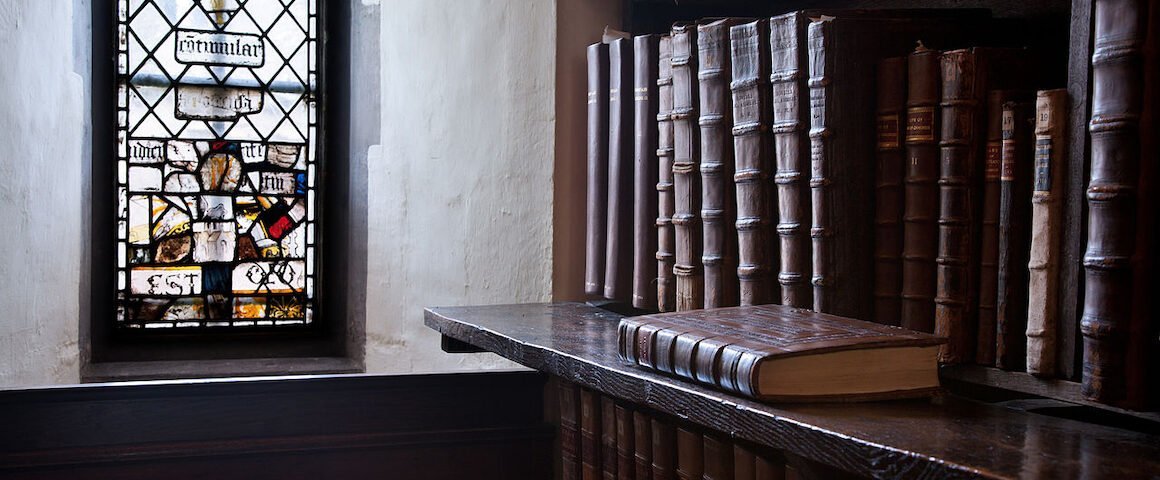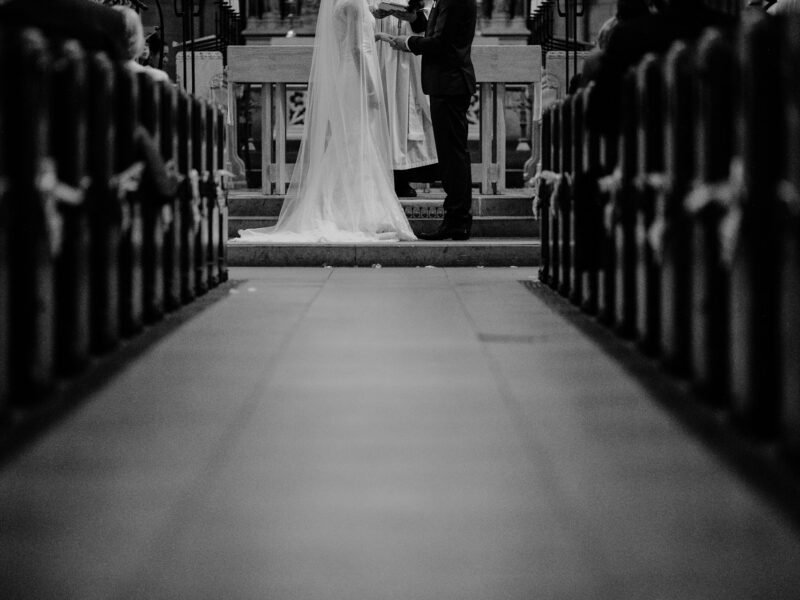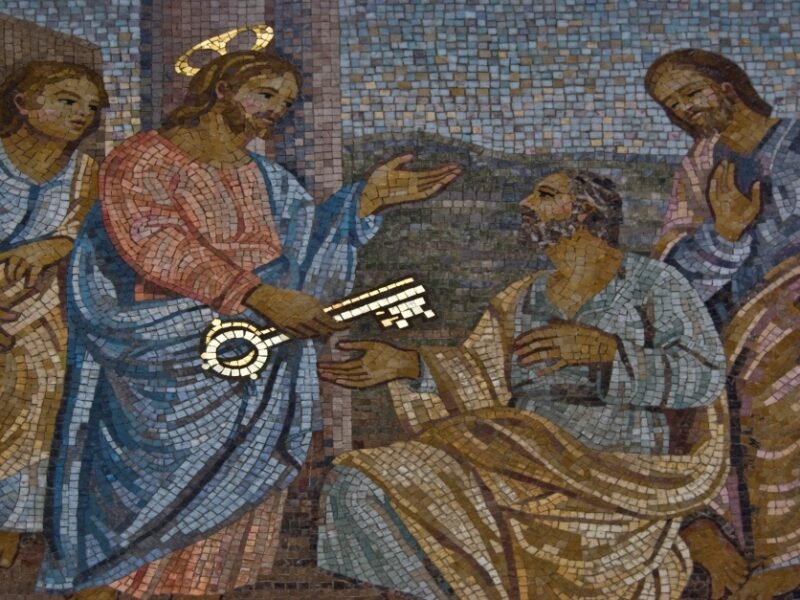Although Article I is titled “Of Faith in the Holy Trinity,” its first sentence is a concise statement of what is today often called classical theism or the classical doctrine of God:
There is but one living and true God, everlasting, without body, parts, or passions; of infinite power, wisdom, and goodness; the Maker and Preserver of all things, both visible and invisible.
Compared to his discussion of the Trinity, Browne spends almost no time addressing this first sentence. The reason given is that “the first part is common to natural and revealed religion, and requires less either of illustration from history or demonstration from Scripture; it having been the universal creed, both of Jews and Christians.”
The situation today is quite different—it is common for professing Christians to deny or redefine most of these divine attributes, especially simplicity (God is “without parts”) and impassibility (God is “without passions”).
This is not the place to present a comprehensive account of Christian classical theism, but readers who wish to redress Browne’s lacuna on this topic may consult the sources cited below.[1] It should also be noted that even though Browne does not explore the historical support in the Christian tradition for the attributes listed above, he does supply ample biblical citations confirming their veracity.
Notes
- For general accounts of God’s attributes, see Matthew Barrett, None Greater: The Undomesticated Attributes of God (Grand Rapids: Baker Books, 2019), and Michael J. Dodds, The One Creator God in Thomas Aquinas and Contemporary Theology (Washington, DC: Catholic University of America Press, 2020). For accounts of divine simplicity in particular, see Steven J. Duby, Divine Simplicity: A Dogmatic Account (New York: T&T Clark, 2016, repr. 2018); Jordan P. Barrett, Divine Simplicity: A Biblical and Trinitarian Account (Minneapolis: Fortress Press, 2017); and Joseph Minich and Onsi A. Kamel, eds., The Lord is One: Reclaiming Divine Simplicity (Davenant Press, 2019). For accounts of divine impassibility in particular, see Thomas Weinandy, Does God Suffer? (Notre Dame: University of Notre Dame Press, 2000); Michael J. Dodds, The Unchanging God of Love: Thomas Aquinas and Contemporary Theology on Divine Immutability, 2nd ed. (Washington, DC: Catholic University of America Press, 2008); and Ronald S. Baines et al., eds., Confessing the Impassible God: The Biblical, Classical, & Confessional Doctrine of Divine Impassibility (Palmdale, CA: RBAP, 2015). ↑







'The Traditional Assumption of Classical Theism [Commentary on Browne: Article I (1)]' has no comments
Be the first to comment this post!